Lessons Learned From Participatory Workshops in Nuquí, Colombia
Nuquí, Colombia is one of the world’s greatest biodiversity’s places, located on the Pacific Ocean as a municipality in the Chocó department. The area is known not just because of its biological diversity, but also its cultural diversity; it is inhabited by several cultures with key ancestral knowledge.

“Saberes de Monte,” or the Wisdoms of the Forest, is a LASER PULSE-funded research project implemented by EAFIT University and ACUA Foundation that impacts Nuquí, Colombia. This project aims to work with Afro and Indigenous communities (Embera Dobidá) to understand the uses, management, challenges, and aspirations they have regarding their agriculture, forestry, and water. With this information, the research project seeks to determine community and pedagogical mechanisms to protect their living places and the continuity of ethnic communities in their territories.
“Saberes de Monte” began with a presentation of the project to ethnic community authorities and key actors in May 2022. Then in July 2022, the team launched participatory workshops with ethnic communities to define the communities’ priorities for forestry and agriculture, determine the project work plan, and decide on the community facilitators to take part of the project. On their second visit, the team visited seven of the 21 ethnic communities of Nuquí – Afro Communities of Arusí, Partadó, Termales, Coquí, Joví, Panguí and Nuquí center. On their third trip, the team visited Indigenous communities of Nuquí, including the Playita, Nuquí Arriba and Tandó. These participatory workshops included vulnerable communities and population groups, particularly women and children.
The team identified the most important learnings from these workshops, which could be applicable to other research projects:
- It is necessary to have an opening activity not just as an ice-breaker exercise, but in order to generate trust between researchers and communities.
- Organizing participants during the workshop in a circle is a very important pedagogical tool that creates a space of equality among researchers and communities.
- The project asked communities to bring objects that represent the essential elements of the project and place them in the center of the circle during the workshops. This has been of great assistance because it facilitates the inclusion of community knowledge, focuses the attention of the participants on the project’s themes, establishes order for the workshop, and provides symbolic tools for dialogue.
- Including children and youth in workshop activities allows intergenerational dialogue and recognition of the importance of these populations in community planning within ethnic communities.
- Inviting women from each community and having a gendered approach allows women to listen, have a voice, and be recognized within community knowledge.
- It is critical to include political authorities, spiritual authorities, community leaders, and the children’s teachers during the community workshops.
- Visiting each community in its territory permits understanding the context of each community and a greater link between the project and those communities.
- Reading the rhythm and mood of each group is essential and should be done from the beginning and throughout the workshop. This reading determines the most appropriate approach to carry out activities in the communities.
- It is important to design different activities that take into account the way of being and culture of each community. For example, storytelling is essential for Afro communities, while words must be more specific with Indigenous communities due to language differences. In both, drawing allows greater fluidity and understanding during dialogue. Similarly, games are an inspirational and motivational element for participation and knowledge dialogue. Closing the workshop in a fun way (for example, singing with Afro communities and learning words with Indigenous communities) makes visible and recognizes the knowledge of each community.
The team ended each workshop with two pieces of a puzzle; one piece says “university” and the other says “community.” When the two pieces were brought together it said: “We come together to make visible and enhance knowledge around the cultivated lands and mountains that give us life!” The approach undertaken by the team and lessons learned from these participatory workshops can be of benefit to any project seeking to include local communities in research projects.
To learn more about this project, please visit its webpage and contact project PI Yulieth Hillon at yhillon@eafit.edu.co or LASER PULSE Technical Director Betty Bugus at bbugusu@purdue.edu.

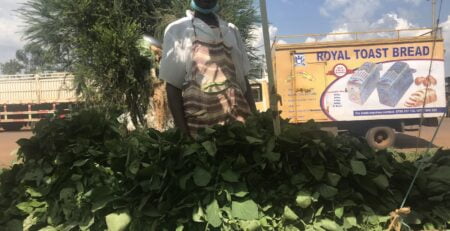
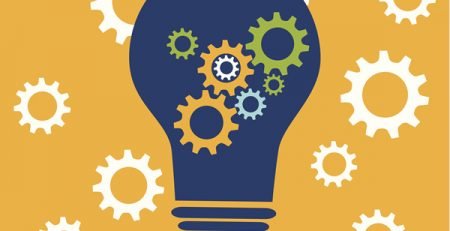
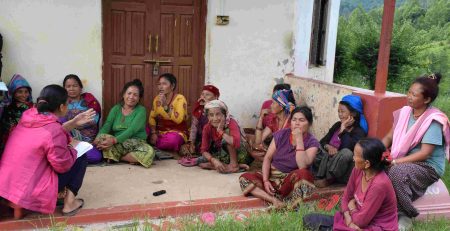
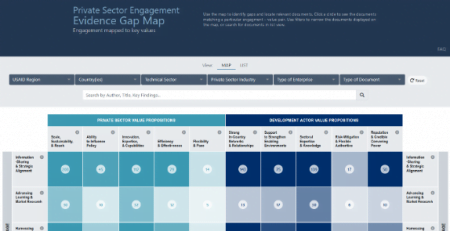

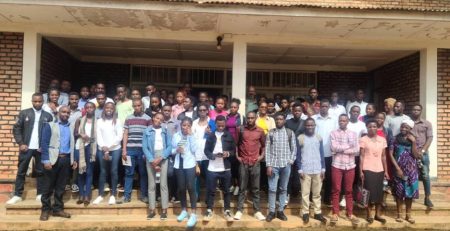

Leave a Reply
You must be logged in to post a comment.